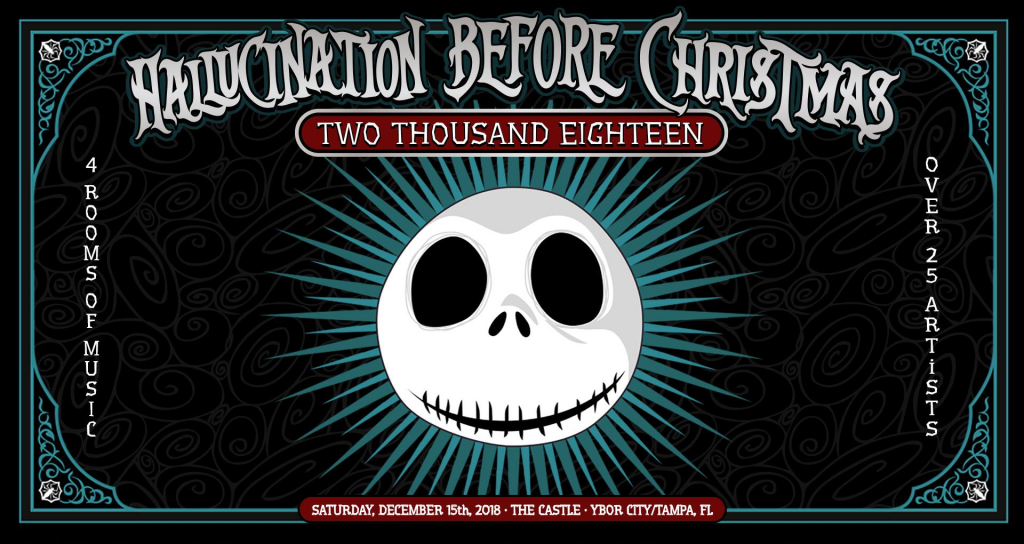

Then there’s the life-long trauma of the implicit blame his father places on him for the death of Michelle, and the fact that he was a cold and difficult parent who Mattias was never able to please, he rather had the odds stacked against him. Certainly Mattias is displaying similar symptoms to the ones his mother was described as having. Is it possible that what Mattias is currently experiencing is his own version of post-partum psychosis? It’s a disorder mostly found in women but post-partum psychosis in males is not unheard of. Michelle’s condition is listed as being hereditary but was triggered by having Mattias. It is the house? Is it the stress of his and his fathers’ past? Or could it be hereditary? Mattias becomes intolerant to noise, obsessed with putrefaction, paranoid, volatile and experiences hallucinations. When she walks out to the pond to end her life and that of the baby, Pol chased after them both, saved Mattias but was unable to save Michelle. Michelle was suffering with post-partum psychosis, which made her extremely depressed and paranoid but Pol had insisted that she was ok. What we don’t learn till later is that she was trying to drown both herself and her baby. This we see in the opening scenes of the film. What happened to Mattias’ mother, Michelle? In moving back there Mattias is drawn into those tragedies too. The factory’s tunnels also appear to lead right into the house, linking Pol, the factory, the pond and the tragedies that defined his life. After her death, though, Pol and Mattias were stuck in the house alone which, according to the town’s people, didn’t do them any good at all. Pol says he built her a pond (more like a lake in this case) as she constantly asked for one. Pol and Mattias’ mother, Michelle (Lize Feryn) were happy in the house until their baby (Mattias) was born. More informationįind more information about the last hours and days of life, including advice for carers and relatives.At first the house seems idyllic but as Mattias sinks deeper into his father’s history and his own the house grows menacing.
#Hallucination before death skin
Your skin may look slightly blue because of a lack of oxygen in your blood. Blankets over your hands and feet can keep you warm. Your feet and hands may feel cold because of changes in your circulation. If no underlying cause can be identified, there are medicines that can ease distress. The medical team can rule out or treat any underlying causes, such as pain, breathing problems or infection, or calm the person who is dying. This can be out of character and distressing for family and carers. For example, they may want to move about, even though they are not able to get out of bed, or they may shout or lash out. Some people may be restless or seem to be in distress. If you become confused, you may not recognise where you are or the people you're with. Medicines or changes in the chemical balance of your brain can cause confusion or hallucinations.Ī hallucination is when you see or hear things that are not there. When you're dying and no longer moving around, the mucus can build up and cause a rattling sound when you breathe. When you're healthy, this mucus is removed through coughing. The body naturally produces mucus in your breathing system, including the lungs and nasal passages. Your breathing may also become more noisy as a result of the build-up of mucus. The deep, rapid breathing may be followed by a pause before breathing begins again. You may develop Cheyne-Stokes breathing, when periods of shallow breathing alternate with periods of deeper, rapid breathing. If you cannot swallow to drink, your carers can wet your lips with water. Your family and carers may find it upsetting or worrying if you do not eat, especially if they see you losing weight, but they do not need to make you eat.Īs you get closer to dying, your body will not be able to digest food properly and you will not need to eat. Your healthcare professionals can discuss alternative ways of taking medicine with you and your carers, if necessary. You may also find it difficult to swallow medicine. Not wanting to eat is common in people who are dying. You'll probably spend more time sleeping, and as time goes on you'll slip in and out of consciousness. You'll start to feel more tired and drowsy, and have less energy.

These happen to most people during the terminal (dying) phase, whatever condition or illness they have. Physical changes are likely to happen when you're dying.


 0 kommentar(er)
0 kommentar(er)
